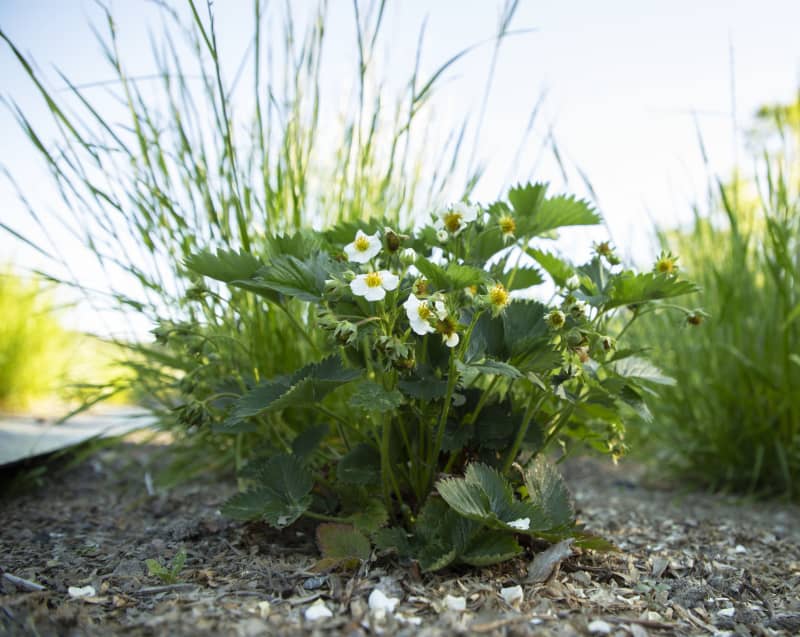
Researchers at the University of Turku found out how glyphosate affects the coexistence of plants and microbes. The number of microbes that support plant health and growth decreased.
The effects of the widely used pesticide glyphosate also affect the microbiome of the soil. This is evident from a study conducted at the University of Turku.
Glyphosate is an effective pesticide that has been used in agriculture for a long time. The substance has already been found to have a negative effect on pollinating insects.
Now, researchers at the University of Turku found that even very small residues of glyphosate-based pesticides in the soil reduce endophytic microbes living in plants. Their task is to support the health and growth of plants.
The study used permitted concentrations of the pesticide on a strawberry farm.
Glyphosate-based pesticides are used, for example, to eradicate weeds in fields before sowing. The most well-known trade names for glyphosate are Roundup.
According to researchers, we are only now beginning to understand how microbial communities affect plants.
The research conducted at the University of Turku has been published in the Journal of Applied Microbiology.
*See below Ylen Aamu’s 2019 interview about the research on glyphosate.*
